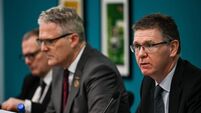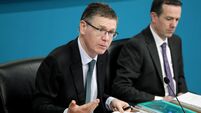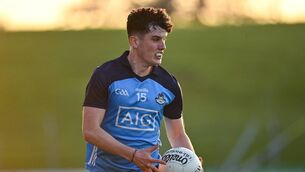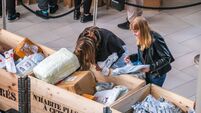The big interview with Paul Rouse: Why is the greatest game played by so few?
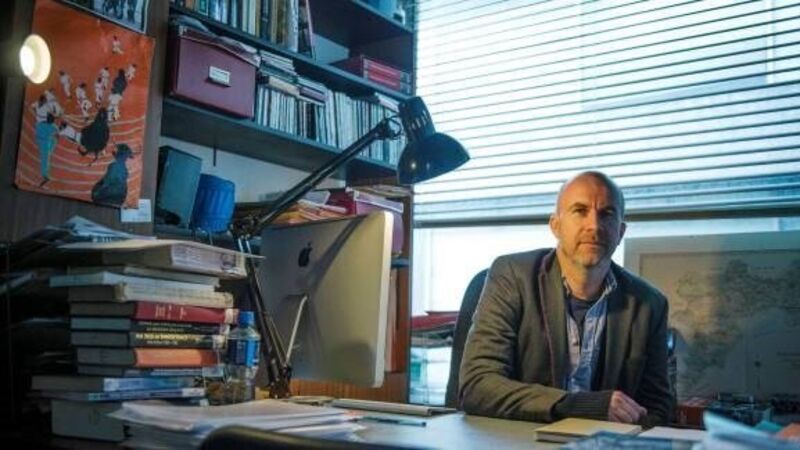
Paul Rouse is an accidental academic, but a fascination with history deepened into a passion when it merged with his love of sport. His new book, ‘The Hurlers’, charts the birth of the modern game in that first All-Ireland final 131 years ago. He marvels at what a few visionary hurling men gave the country, but can’t help think that hurling has since failed at least half that country








